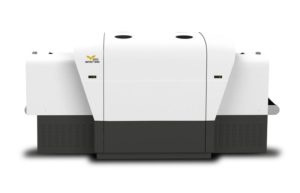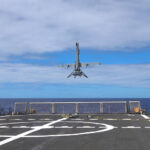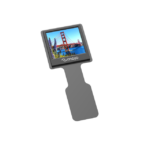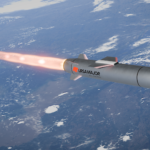
The Transportation Security Administration (TSA) last Friday issued a draft statement (SOW) of work ahead of the next round in its acquisition of new airport checkpoint baggage scanners with an award expected in the third or fourth quarter of fiscal year 2021, about a year later than originally expected. The agency said the competition for the checkpoint CT systems, which will also include Automated Screening Lanes (ASLs), will begin and end within FY ’21. The solicitation is expected to be…

 By
By 










